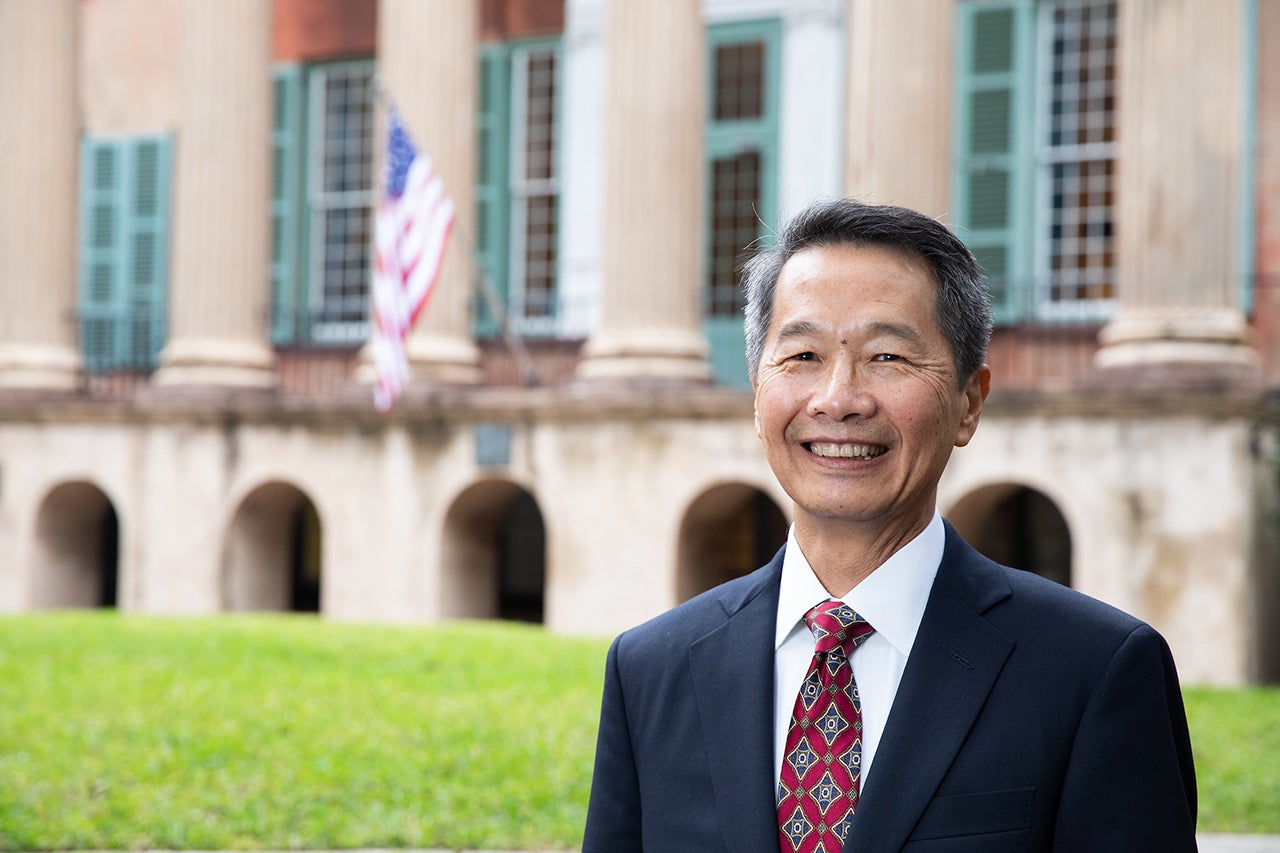My apologies to Nobel Laureate Gabriel García Márquez, but a riff on one of his titles seems especially appropriate on this topic at this particular moment in time. Even though we find ourselves in the midst of a pandemic, things do not stop. Progress cannot be paused. And a university must move forward.
At least, that is what we have chosen to do at the College of Charleston as it relates to our strategic planning, which kicked off in earnest in summer 2019 and was approved by our Board of Trustees in May 2020. If anything, the pandemic has revealed many weaknesses in our systems, both as an institution and as a country, yet it also allows all of us an opportunity to start over and clearly focus on those things most important.
Too many times, as a society, we tend to hold up what came before and treat it as sacred: untouchable and unimprovable. In a way, that notion may absolve us – the current generation – from even attempting to make its mark. By revering the old, we stay the course of the old.
Fortunately, that is not how the College of Charleston thinks. While we certainly respect the old, we work for the new. We value our traditions, but we strive always to be innovative. With our new strategic plan, today’s students, faculty members, staff members and alumni can and will be just as influential as the colonial founders back in 1770. Today, the College is taking true stock of itself – looking inward to what has made it great and what specifically can make it even greater.
The College’s motto – Sapientia Ipsa Libertas (translated as “Wisdom Itself Is Liberty) – highlights the campus ethos that the simple knowing of facts is not enough. Wisdom comes from understanding the complex interplay of ideas and then using that knowledge in a positive manner. Wisdom, simply put, is knowledge in action.
Therefore, the College is always retooling and recalibrating its educational offerings – learning and evolving. But, one thing does remain constant: the liberal arts as a foundation. It is in that exposure to a wide assortment of disciplines that students see the interconnectedness of all knowledge. Biology influences art, which in turn acts on culture, which shapes business, and so on in an infinite, linked cycle. Nothing exists in a vacuum. The range of knowledge and experience puts College of Charleston graduates at a distinct advantage for pursuing successful, fulfilling careers and enriching lives.
Our strategic planning process over the past year reflects that comprehensive approach. People from all areas of the campus community – undergraduate students, graduate students, faculty members, staff members, alumni representatives, trustees and community partners – all played a part in shaping the plan. Through their participation and collective work, the College was able to tap into vastly different perspectives and thus, create a plan that will take the best of the old in order to form something new and even grander.
Those discussions were clear-eyed about what the College has done well and places where it could improve. The College community was also united in wishing to address its past honestly and respectfully – a history of success for the few at the expense of others, particularly African Americans. Located in the slave capital of the Old South, the College of Charleston benefited – both directly and indirectly – from enslaved labor and for much of its history followed practices of exclusion. For that, the College is poorer in cultural diversity than many of its peers and has much work to do.
The strategic plan targets three main pillars: academic distinction, student success and employee success. And like the College’s liberal arts ethos, several themes connect its pillars: innovation, strategic community partnerships and a commitment to diversity, equity and inclusion. Taken together, these pillars and themes provide the necessary roadmap for the College’s continued transformation.
Now is the opportunity for the College to more fully realize its vast potential, to serve a wider circle of learners and to act as the true intellectual hub of the Lowcountry and thus raise itself onto the national stage – a place where it belongs.
Photo by Mike Ledford
– Andrew T. Hsu




